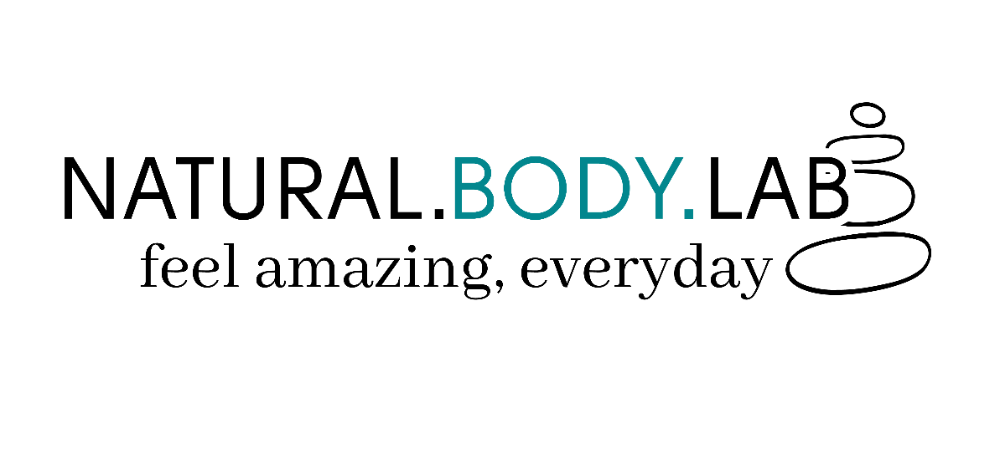Perfect thyroid results? Perhaps not...
Aug 06, 2020
An underactive thyroid can reap havoc on many functions in the body. Symptoms can include fatigue, tiredness, exhaustion, constipation, low body temperature (feeling cold all of the time), hairloss, dry skin, cognitive impairment, menstrual abnormalities, weight gain and hairloss on the outer third of the eyebrows..
So many people I see present with some (or all) of these symptoms, yet their most recent thyroid blood results have come back as ‘normal’. It happens a LOT actually.. so whats really happening here?
The standard medical blood test for hypothyroidism is the measurement of Thyroid Stimulating Hormone, otherwise known as TSH. This hormone is produced in the pituitary gland in the brain, and its job is to regulate the production of thyroid hormones within the thyroid gland.
Testing TSH alone is NOT ideal for an accurate diagnosis of thyroid conditions. Often I see ‘thyroid tests’ which only have TSH levels on them. At best, you might also see a test that has a measurement for T3 as well.
T3 is Triiodothyronine, and is the active form of the hormone in our body. Whilst this test is getting closer to what is required for quality diagnosis, its still important to point out here that there is a massive difference between T3 and Free T3. Same goes for T4 and Free T4.
Almost all of the T3 and T4 in our bloodstream is bound to a protein. There is only a small percentage of if which is free (or unbound), and its this ‘free’ hormone that is the biologically active form of the hormones. ** By the way, this is also the case for Estrogens, Progesterone, and many other steroid hormones.
To assess the thyroid function more accurately, we need to make sure we are assessing the levels of TSH, plus Free t4 and Free t3 (which are the two main hormones produced by the thyroid gland).
To add to this, many people with slight deficiency in thyroid hormone, should also be tested for a thing called Reverse T3. (rT3)
There are also three sets of antibodies which should be investigated in particular circumstances, especially if inflammation or autoimmunity is suspected.
How does the thyroid work?
The thyroid receives messages from the pituitary gland (TSH hormone), which then stimulates the thyroid to make more thyroid hormone. The thyroid will first produce T4, which is inactive. This then needs to be broken down to create T3, which is now active. In the presence of cortisol and a few other things, this system doesn’t work efficientyly, and it tends to produce rT3. This is then unable to convert to T3, and further inhibits thyroid hormone production. The body cannot use this reversed T3 for anything, and when rT3 accumulates you are likely to get a ‘perfect’ TSH result but still suffer many hypothyroid symptoms.
The main medication given for hypothyroid is levothyroxine, or T4. Whilst this can work perfectly for many people, the subset that produces a lot of rT3 will continue to make this at a higher rate – and on the outside will continue to experience symptoms of an underactive thyroid.
In order to treat the thyroid correctly, it is so important to first asses the thyroid accurately, using more extensive forms of testing. By teasing out a full results panel, it becomes easier to decipher whats really going on, and then formulate a treatment plan to suit the individual. An extensive Thyroid test will cost you around $220, but when you compare this to the symptoms one can suffer for YEARS without it being accurately diagnosed, I feel like this is only a drop in the ocean, if It means you can really get your vitality back!
Stay connected with news and updates!
Join our mailing list to receive the latest news and updates from our team.
Don't worry, your information will not be shared.
We hate SPAM. We will never sell your information, for any reason.

